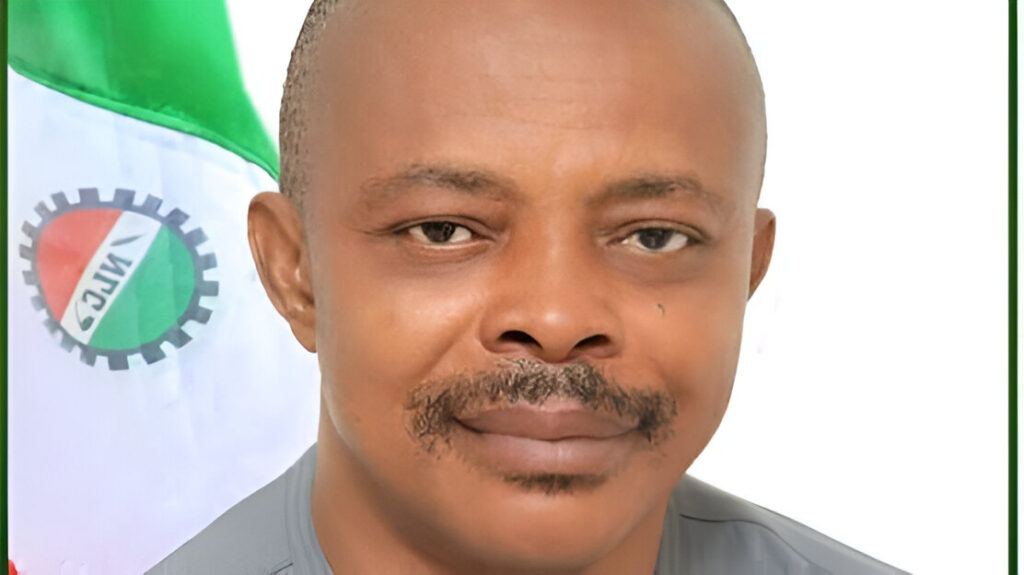The President of the Nigeria Labour Congress (NLC), Joe Ajaero, has expressed deep concern over the nation’s poor power supply, rising electricity tariffs, and worsening poverty.
Speaking yesterday he highlighted the instability in power generation, transmission, and distribution, blaming government policies for plunging Nigerians further into hardship.
Ajaero criticised the recent 50 per cent increase in telephone service tariffs, urging the federal government to suspend the implementation until extensive consultations with stakeholders are conducted.
He also condemned the flawed privatization of the power sector, noting that private investors relied on local bank loans instead of foreign investments, causing a liquidity crisis that led to banks taking over power distribution companies.
READ ALSO: NLC commends Dangote Refinery over fuel price reduction
Highlighting inefficiencies in electricity distribution, Ajaero called for a focus on local production of power accessories to reduce costs and ensure availability.
He questioned why the Ministry of Power neglects local content development, referencing former meter production hubs in Lagos, Kaduna, and Port Harcourt that are now defunct.

The NLC president also pointed out the inadequacy of the country’s power generation capacity, labelling the 5,000 megawatts often cited by the government as insufficient for a population exceeding 200 million.
“For a population this size, we need far more than what is currently being generated. The government must focus on diversifying energy sources, including wind, solar, gas, and hydro, with clear yearly targets,” he said.
Ajaero further decried the impact of tariff hikes on workers, noting that many spend over 10 per cent of their monthly income on electricity alone, alongside rising housing and transportation costs.
READ ALSO: NLC orders indefinite strike over N70,000 minimum wage
He criticised the government for prioritizing corporate interests over citizens’ welfare, saying, “It takes years to increase the minimum wage, but just a month to approve tariff hikes. This imbalance is unsustainable.”
He also faulted the lack of meaningful consultation with workers before implementing the increases, describing it as undemocratic.
“These unilateral decisions are dragging the masses deeper into poverty. In other countries, tariff hikes come with incentives to cushion the impact. Here, it’s simply ‘take it or leave it,’” he argued.
Service providers were not spared from his criticism, as he accused them of prioritising profit over quality. “How can you charge more when basic services like network coverage remain poor? The masses are left to suffer while providers make profits,” Ajaero said.
The NLC is consulting with its allies on possible responses, including a boycott of services. “We have outrightly rejected these increases and are exploring our next steps. A boycott is a serious option on the table,” Ajaero said.


